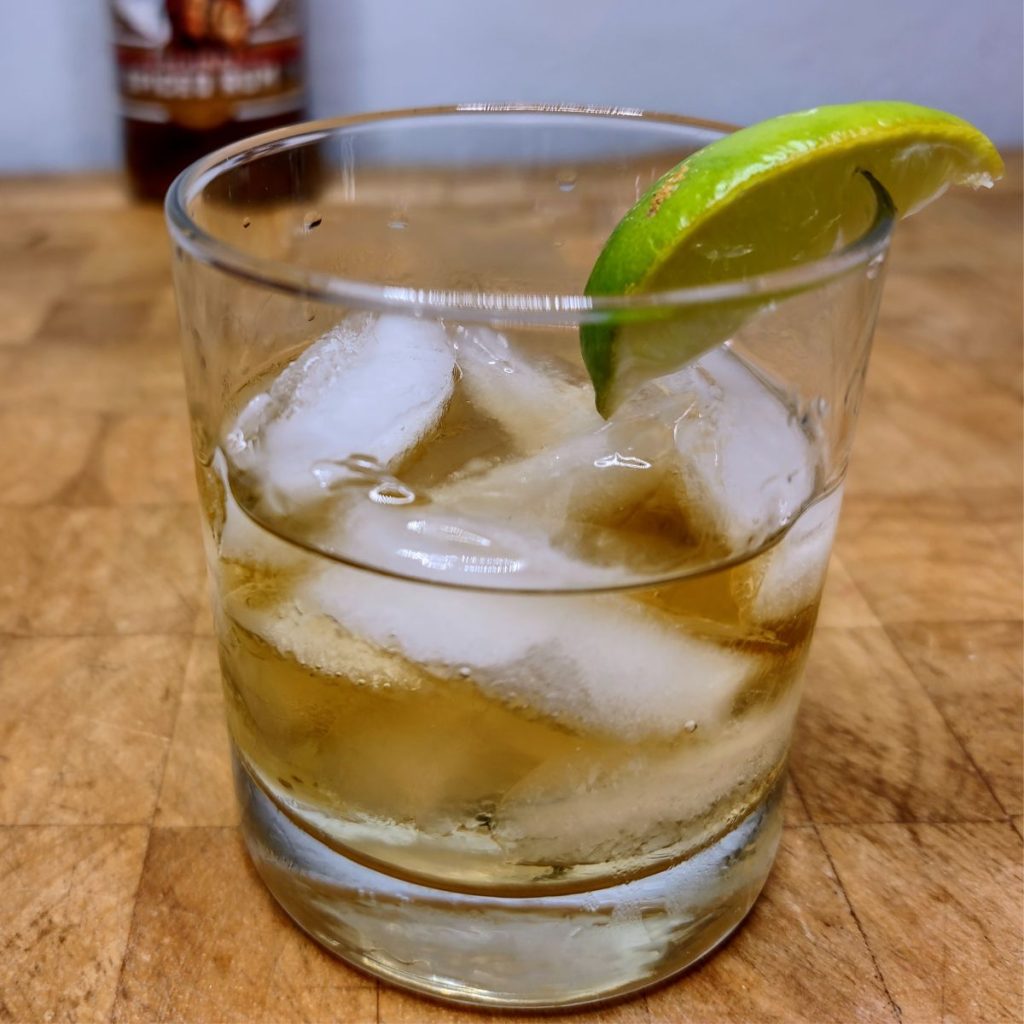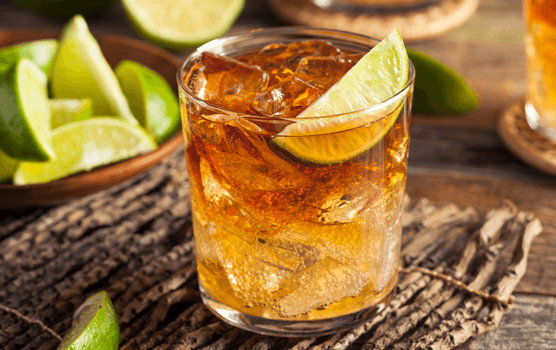Whisky, a beloved spirit with a rich history and diverse array of flavors, owes its complexity to a meticulous combination of ingredients and processes. Understanding the fundamental components of whisky production sheds light on its nuanced character and the craftsmanship involved in its creation. Indulge in the finest whisky online hong kong, from single malts to rare blends, delivered to your door.
Grains: The Heart of Whisky
At the core of whisky production lie grains, which impart distinct flavors and characteristics to the final product. Common grains used in whisky production include barley, corn, rye, and wheat, each contributing its unique flavor profile. The choice of grains and their proportions in the mash bill profoundly influences the flavor, aroma, and texture of the whisky.
Water: Nature’s Elixir
Water, often overlooked but essential, plays a crucial role in whisky production. Distilleries meticulously select water sources renowned for their purity and mineral composition. Whether sourced from natural springs, rivers, or reservoirs, water serves multiple purposes in whisky production, from mashing grains to diluting the final product to the desired proof. Its quality profoundly impacts the overall character and mouthfeel of the whisky.
Yeast: Catalyst of Fermentation
Yeast, a microscopic organism, acts as the catalyst for fermentation, transforming sugars into alcohol and carbon dioxide. Distilleries often cultivate specific strains of yeast prized for their ability to produce desired flavors and aromas during fermentation. The fermentation process, influenced by factors such as temperature and yeast strain, generates a range of congeners that contribute to the whisky’s complexity and depth of flavor.
Barrels: Maturation Magic
Barrels, often overlooked as mere vessels, play a transformative role in whisky production. Typically crafted from oak, barrels impart flavors, colors, and textures to the whisky through the process of maturation. As whisky matures in barrels over time, it interacts with the wood, absorbing compounds such as vanillin, tannins, and lignin, which enhance its flavor profile. The type of oak, char level, and previous contents of the barrel all influence the final character of the whisky.

Time: The Essence of Maturation
Time stands as an indispensable ingredient in whisky production, exerting its influence during the maturation process. Whisky undergoes a gradual transformation in the confines of oak barrels, with flavors evolving and intensifying over years of aging. Distilleries carefully monitor the maturation process, periodically sampling barrels to assess flavor development and determine the optimal aging period. The patience required in whisky maturation yields dividends in the form of complex, well-rounded spirits.
Craftsmanship and Tradition
Beyond the tangible ingredients, whisky production embodies a tradition of craftsmanship passed down through generations. Master distillers and blenders apply their expertise and artistry to select and balance the ingredients, guiding the whisky’s journey from grain to glass. This dedication to craft, coupled with adherence to time-honored techniques, ensures the production of whiskies that exemplify excellence and uphold the legacy of the distillery.
Experience the convenience of sourcing top-quality whisky online hongkong, curated for discerning aficionados and collectors.



